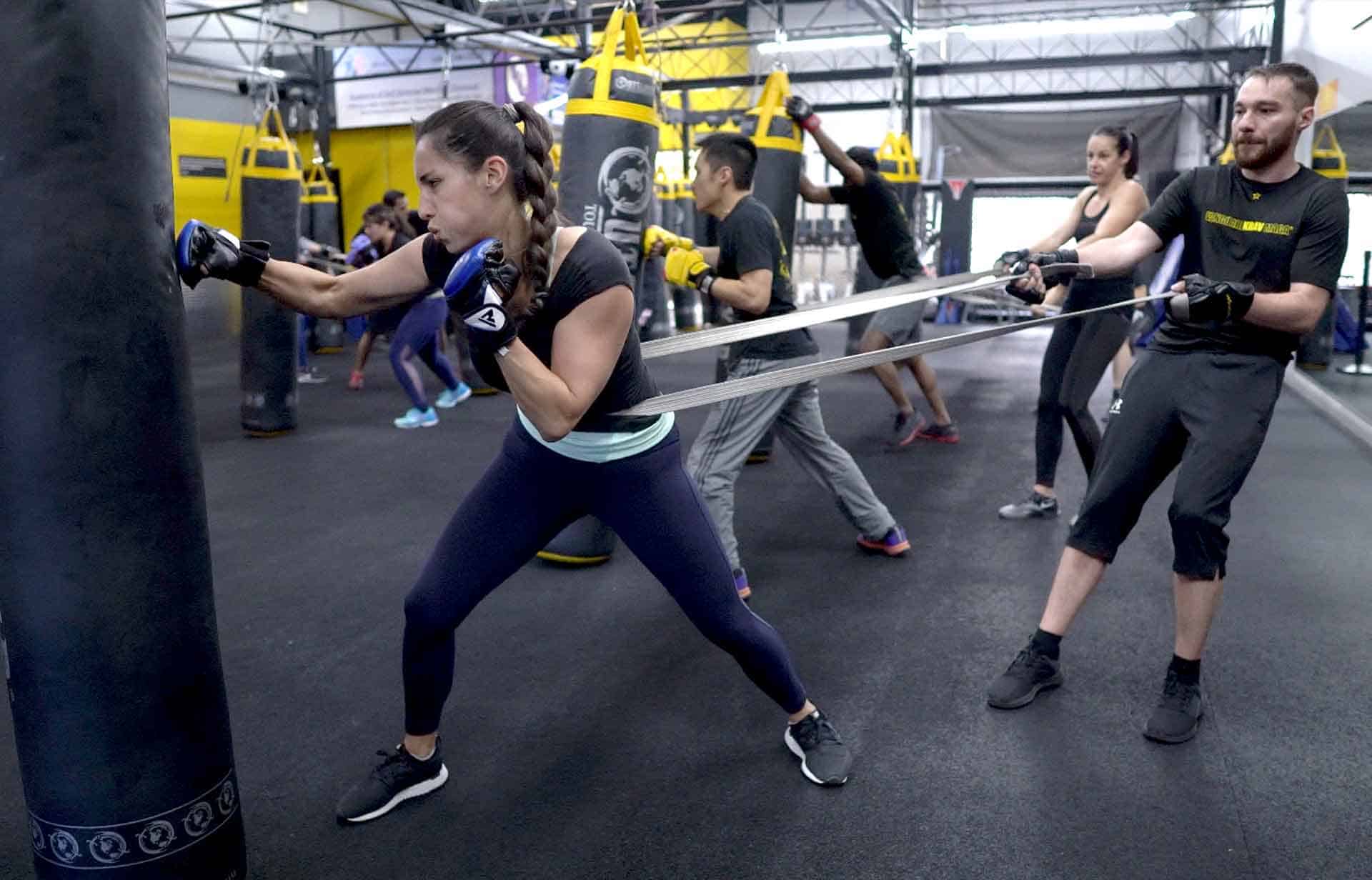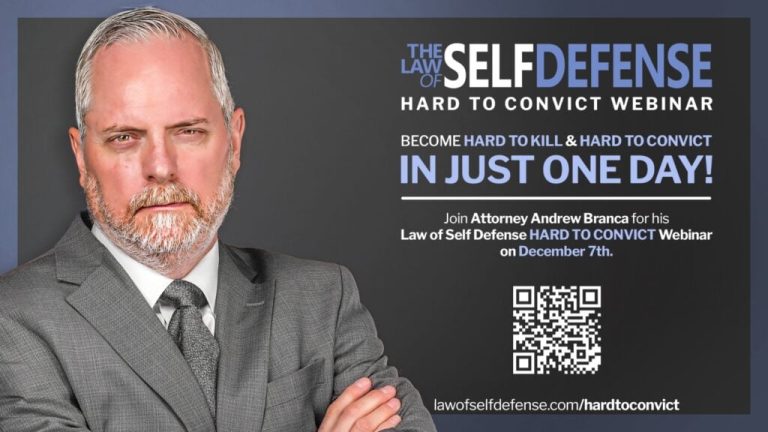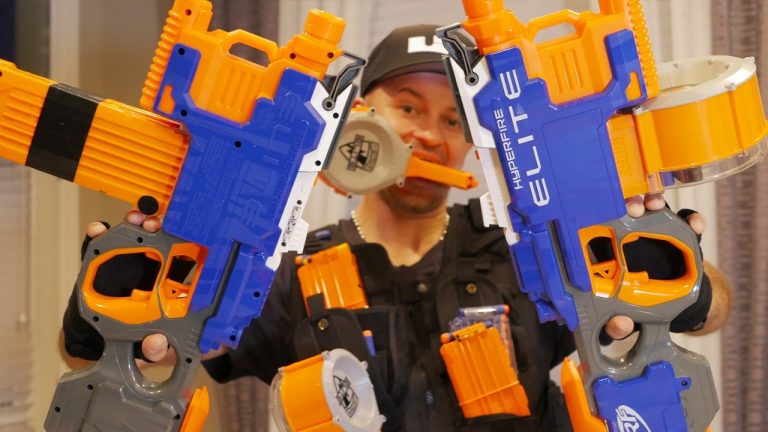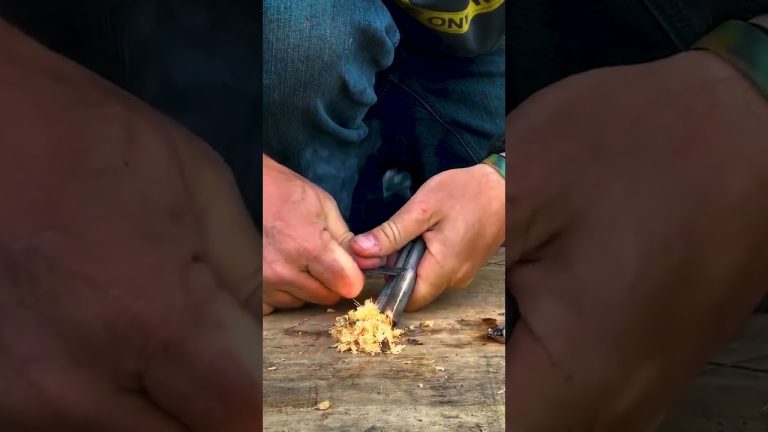Krav Maga, the renowned Israeli self-defense system, has garnered worldwide recognition for its practicality and effectiveness. It’s designed for real-life scenarios, emphasizing quick, instinctive actions to neutralize threats. One common question from prospective students is, “How long does it take to learn Krav Maga?” The answer is not straightforward, as it depends on various factors, including the individual’s commitment, previous experience, and the specific goals they aim to achieve. Let’s explore what influences the learning timeline of Krav Maga.
Personal Commitment and Frequency of Training
The time it takes to learn Krav Maga significantly depends on the student’s dedication and how often they train. Regular, consistent practice is key to mastering the techniques. Training twice a week is a good start, but increasing frequency can accelerate progress. For those committed to learning and applying themselves in every session, basic proficiency in Krav Maga can be achieved within a few months, with continued improvement over time.
Previous Experience
Individuals with a background in martial arts or physical fitness may find they progress in Krav Maga more quickly. Familiarity with combat sports or self-defense systems can provide a foundation that enhances the learning process. However, Krav Maga’s unique approach and techniques mean that even beginners without prior experience can learn effectively, starting from scratch.
Defining Proficiency
“Learning” Krav Maga can mean different things to different people. For some, it’s about acquiring a basic understanding of self-defense principles and techniques to feel safer in everyday life. Others may aim for a more in-depth mastery, including achieving higher belt levels or becoming instructors themselves. Basic proficiency, where one feels confident in handling common self-defense situations, can often be reached within a year of regular training. Achieving advanced levels of expertise will naturally take longer, often several years of dedicated practice.
The Role of Instructors and Curriculum
The quality of instruction and the structure of the curriculum also play crucial roles in how quickly students can learn Krav Maga. A well-designed program that progressively builds on foundational techniques allows for more efficient learning. Experienced instructors can adapt lessons to meet individual needs, helping students overcome challenges and refine their skills more rapidly.
Continuous Learning
Krav Maga is not just about learning a set of moves; it’s about developing a mindset that prioritizes awareness, prevention, and effective response. As such, learning Krav Maga is an ongoing process. The system is designed to be practical and adaptable, evolving with real-world demands. This means that even experienced practitioners find value in continuous training to refine their skills and adapt to new threats.
Learning Krav Maga is a personal journey that varies from one individual to another. While basic proficiency can be achieved relatively quickly, Krav Maga offers a path of continuous learning and improvement. The key to progress is consistent training, a committed mindset, and the understanding that mastery comes over time. Whether you’re looking to learn Krav Maga for fitness, self-defense, or personal development, the journey can be as rewarding as the destination. Start a free two week trial!


















